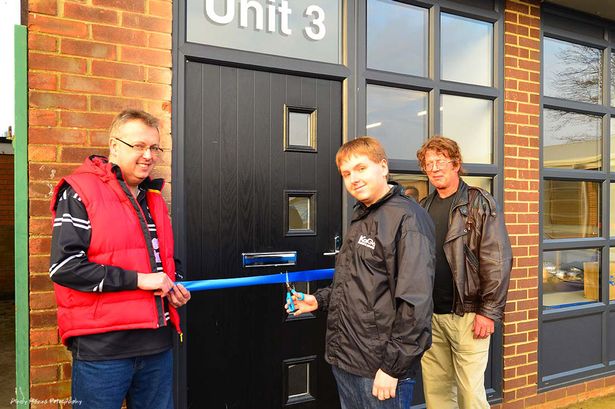Home
About Us
HRSA: Reducing Loss to Follow-up after Failure to Pass Newborn Hearing Screening
by: Michael SaundersThe Health Resources and Services Administration, otherwise referred to as the HRSA, is the US government's leading agency designed to help citizens, specially the uninsured, isolated and medically vulnerable, in obtaining access to safe and cost-effective health care services.
|
|
The HRSA constantly works towards providing leadership and financial support to members of health care teams within the US and its territories, which is why they establish training programs for health professionals in rural communities in the hopes of tremendously improving their systems of care.
Conforming to the goals and objectives of the agency, HRSA has recently announced a new program called Reducing to Loss of Follow-up after Failure to Pass Newborn Hearing Screening program.
The aforementioned program enables eligible health care institutions to solicit funds by establishing project proposals that would greatly improve the number of infants receiving appropriate and timely follow-ups through the utilization of patient-centered interventions.
The Reducing to Loss of Follow-up after Failure to Pass Newborn Hearing Screening program is driven by the HRSA's willingness to encourage health care providers that the utilization of quality improvement methodology is vital in the process of identifying small programmatic changes that would result in documented improvements in infant/family outcomes.
(continued...)
HRSA: Reducing Loss to Follow-up after Failure to Pass Newborn Hearing Screening
Page 2
About The Author
Michael Saunders is an editor of TopGovernmentGrants.com one the the most comprehensive Websites offering information on government grants and federal government programs. He also maintains Websites providing resources on environmental grants and grants for youth programs. |
Additional Resources
category - Health Grants
Harnessing Advanced Health Technologies to Drive Mental Health Improvement Program
National Science Foundation's Smart Health and Wellbeing Program
Improving Health of People with Intellectual Disabilities Program
The Collaborative Islet Transplantation Registry Program
Follow @topgovtgrant
Social Entrepreneurship
Spotlight
Hexham Social Enterprise Launches Workshop to Provide Training for the Unemployed

A Gilesgate-based shop and community facility, Hexham’s Core Music, launches a separate workshop where up to six people will be trained how to repair guitars and make ukuleles. The European Social Fund grant supported the project and has secured funds through the County Durham Communication Foundation to equip the workshop in Burn Lane.
